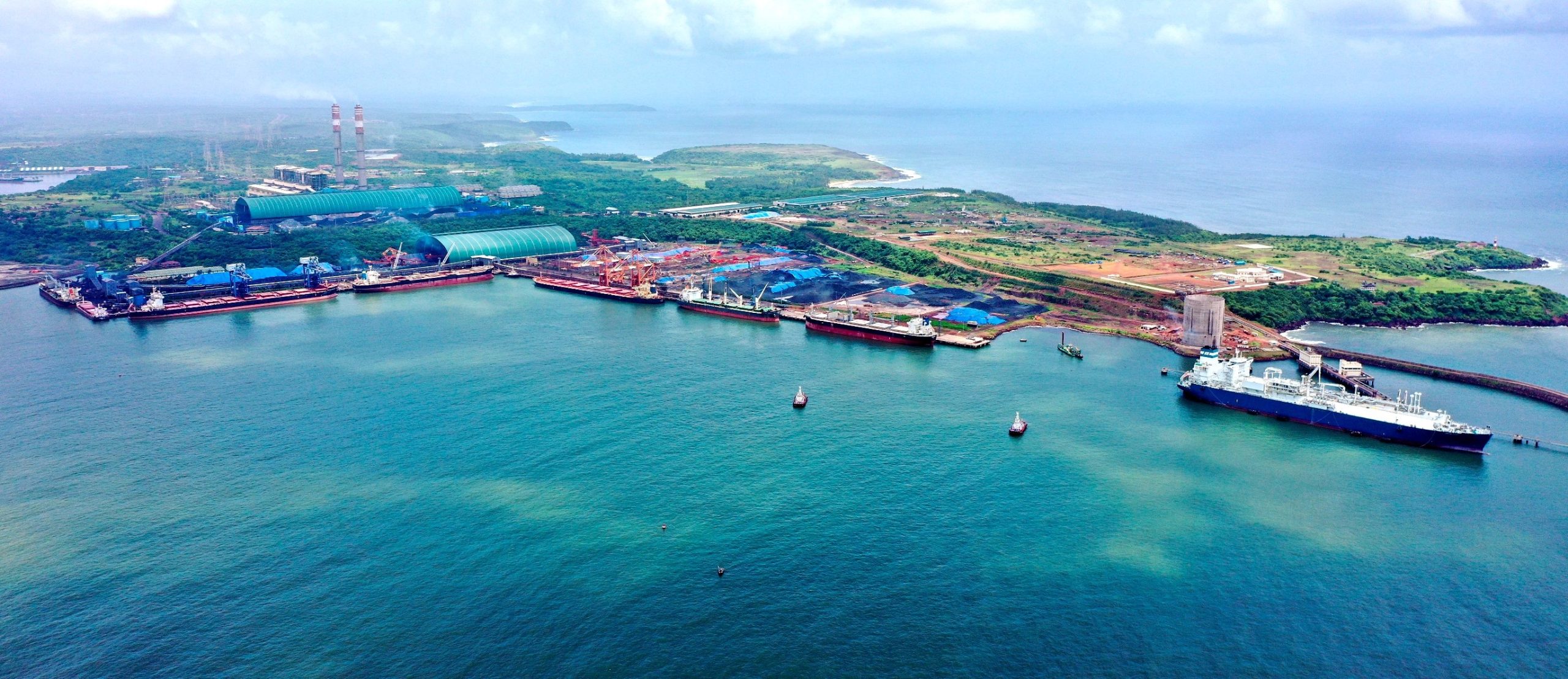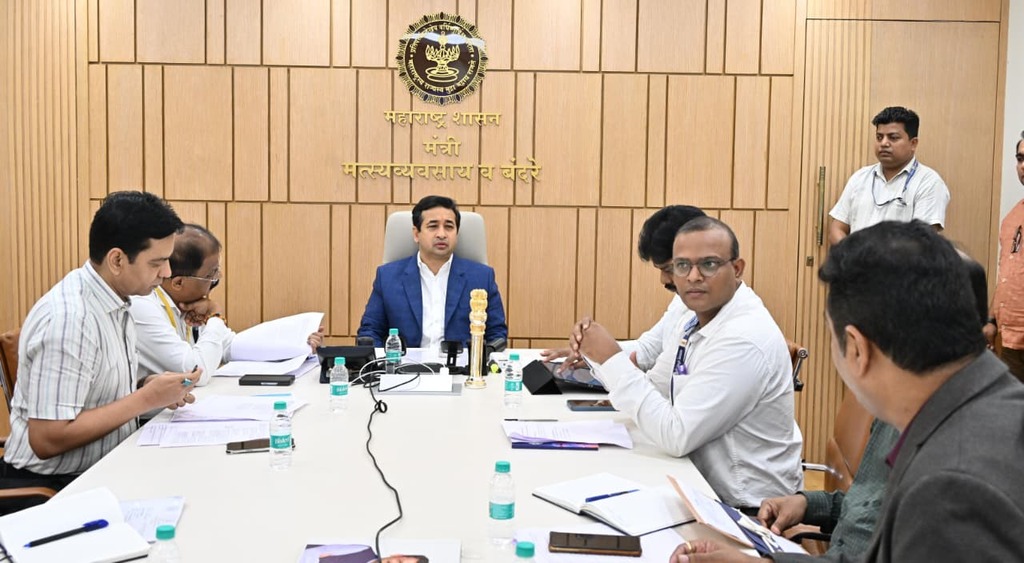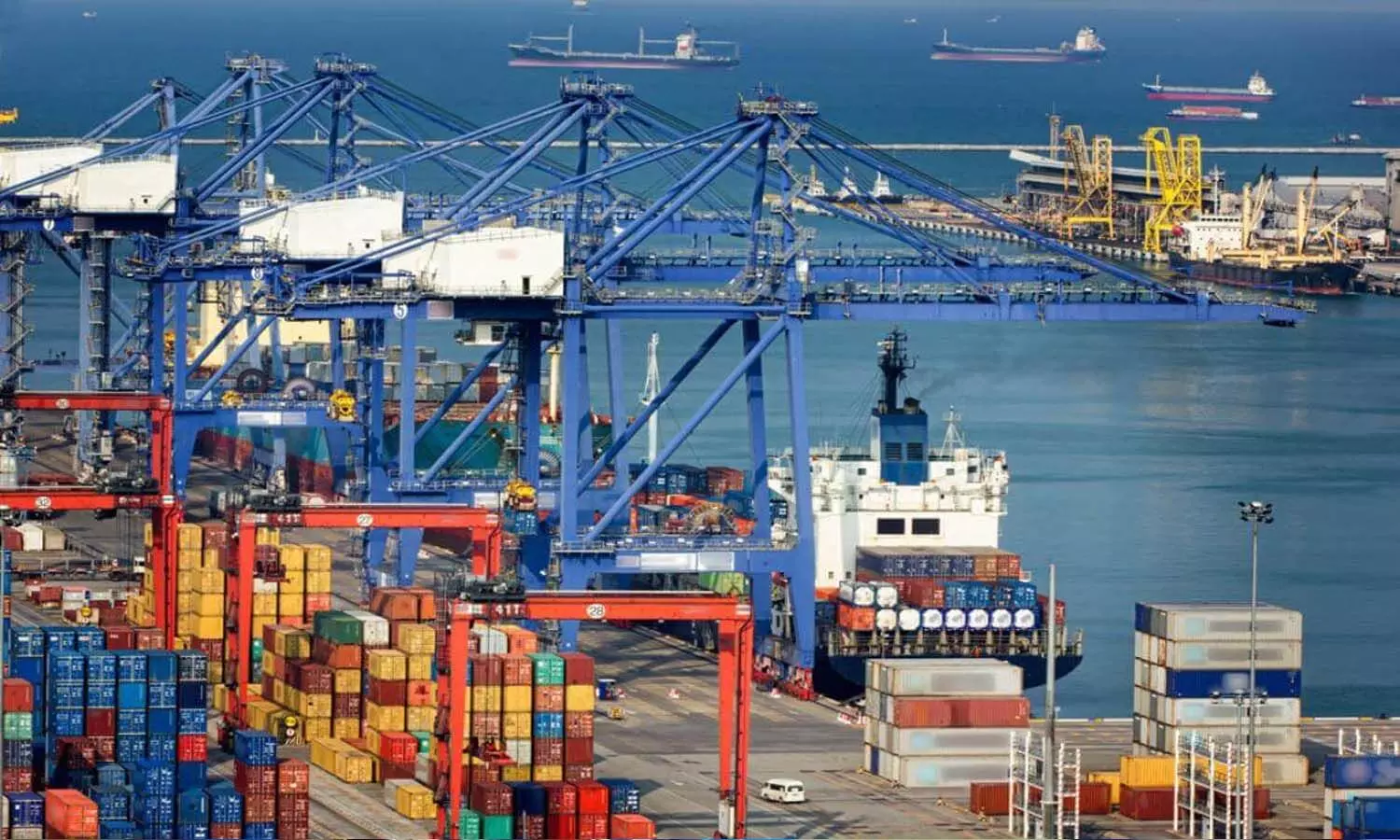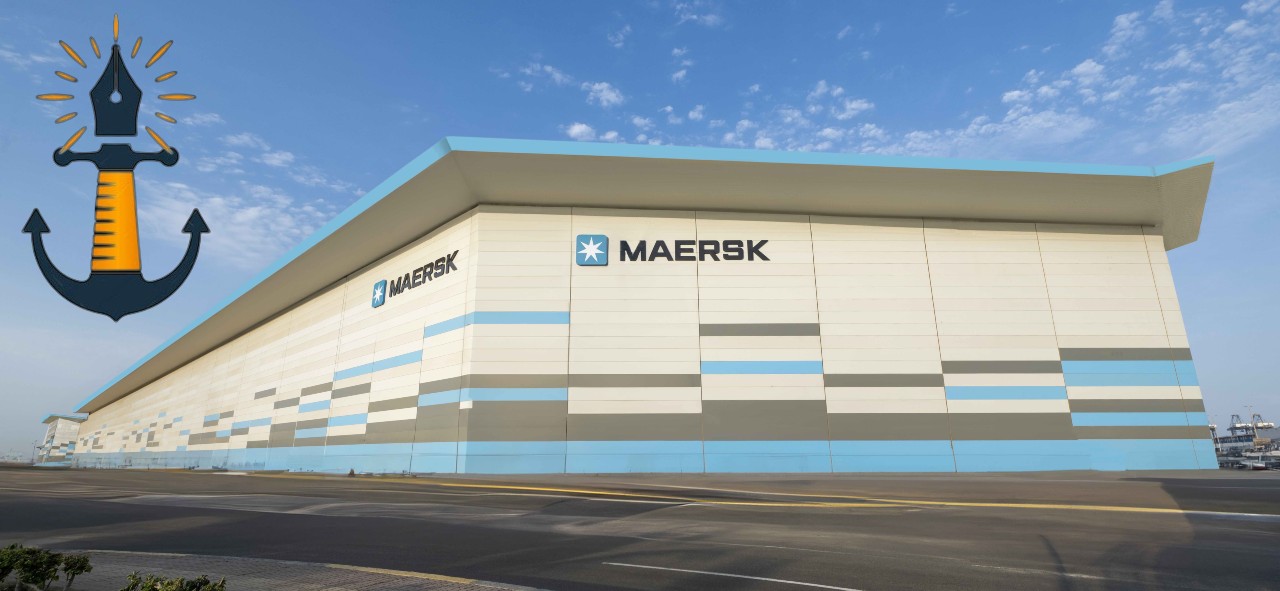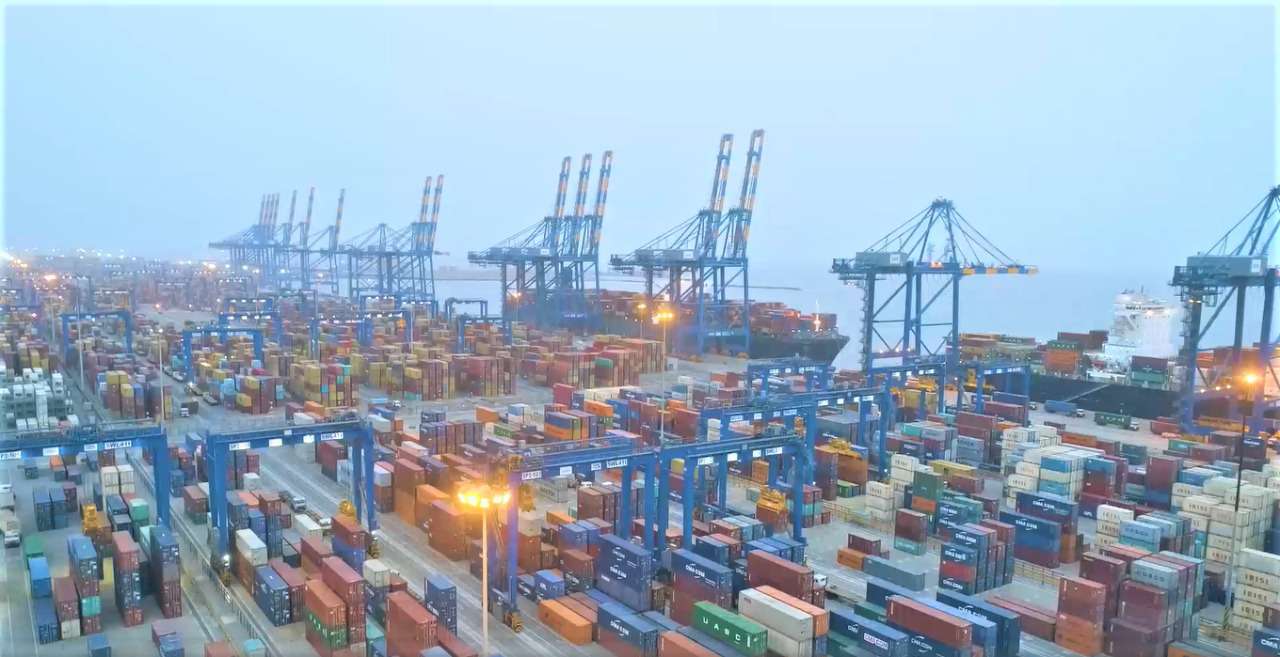Experts say fast-tracking licences must go hand-in-hand with fair pricing and safeguards against corporate capture
Maritime News, Ratnagiri, Maharashtra, India : The Maharashtra Government has set its sights on transforming one of its minor port (non-major port) Jaigad Port presently JSW Jaigarh Port in Ratnagiri into a major cashew-export hub, with Fisheries and Ports Minister Nitesh Rane directing all concerned departments to “expedite all necessary procedures” to enable large-scale exports quickly.
Chairing a high-level review meeting at Mantralaya, Minister Rane said that expanding cashew exports through Jaigad would directly benefit Konkan’s cashew growers — an industry dominated by small farmers and traditional processing units.
“Once exports increase from Jaigad Port, our cashew farmers will be the biggest beneficiaries,” Rane said, urging all departments to fast-track pending permits and administrative approvals. Senior officials from the Fisheries Department, Maharashtra Maritime Board, Marketing Federation, FSSAI, Railways, and Smart & Magnet attended the review.
Why Jaigad Port Matters: Maharashtra’s Deep-Water Gateway
The proposed export expansion is centered around JSW Jaigarh Port, one of Maharashtra’s most modern maritime assets.
What makes Jaigad Port ideal for cashew exports?
- Maharashtra’s first deep-water, 24/7 operational private port
- Built in a record 20 months, inaugurated in 2009
- Located strategically between Mumbai and Goa, ideal for Konkan’s agro-export belt
- Currently has 7 operational berths with 55 million tonnes annual capacity
- Phase II will increase capacity to 80 million tonnes and 10 berths, including RoRo, liquid, containers, POL and break-bulk
- Designed for international standards with mechanized cargo handling
- Strong connectivity for Maharashtra and northern Karnataka
Jaigad is already a major bulk cargo hub, and the cashew initiative hopes to use this infrastructure to turn Konkan’s cashew belt into a global export cluster.
A Big Opportunity — But Only If Locals Aren’t Left Behind
While the move promises economic gains, experts caution that such initiatives often end up benefiting large exporters and processing companies, unless strict safeguards are put in place.
Who Benefits Most?
- Local farmers and small processors stand to gain through reduced transport cost and faster access to international markets — but only if they get fair export-linked pricing.
- Large cashew corporates may benefit more quickly due to their existing export networks, cold storage, certifications, and logistics readiness.
- Jaigad Port operators stand to gain increased cargo volumes and revenue.
Concerns Being Raised
- Price Capture by Big Exporters:
Without MSP-like safeguards or farmer collectives, exporters may reap the profits while farmers receive marginal price increases. - Export Licensing Bottlenecks:
If FSSAI, Railways, and Shipping approvals are not streamlined, small processors may be unable to meet export compliance norms. - Logistics Monopoly Risk:
Rail and port logistics handled by private entities could push up freight charges, hurting small and medium cashew units. - Lack of Value-Added Processing in Konkan:
Raw cashews may be exported without encouraging local processing, limiting employment opportunities for women-led units.
What the Government Must Do to Ensure Equity
To ensure the benefits reach the grassroots, the State Government must:
1. Create a Farmer–Exporter Price Protection Mechanism
A transparent formula to ensure farmers get a minimum percentage of the export value.
2. Provide Subsidies for Small Processors
This must include:
- Certification support (FSSAI, export-grade compliance)
- Access to refrigerated transport
- Low-interest loans for upgrading processing units
3. Build a Dedicated Cashew Export Facilitation Centre at Jaigad
A single-window cell to handle:
- Quality checks
- Paperwork
- Packaging standards
- Customs clearance
This will prevent small units from being overwhelmed by bureaucracy.
4. Ensure Affordable Logistics
Railway freight and port handling charges should be capped for small and medium enterprises.
5. Promote Women’s Self-Help Groups in Cashew Processing
Konkan’s traditional cashew industry relies heavily on women workers; they must be central to export-linked value chains.
A Step Forward — If Followed by Inclusive Action
The State’s decision to push Jaigad Port as a major cashew export terminal is a promising move that could unlock new global opportunities for the Konkan region. However, the extent to which this benefits small cashew farmers, traditional processing families, and women’s self-help groups will depend on how inclusive the implementation is.
For now, the direction is bold — but the fairness of its execution will determine whether this becomes a milestone for farmers or merely another boost for large export companies.

